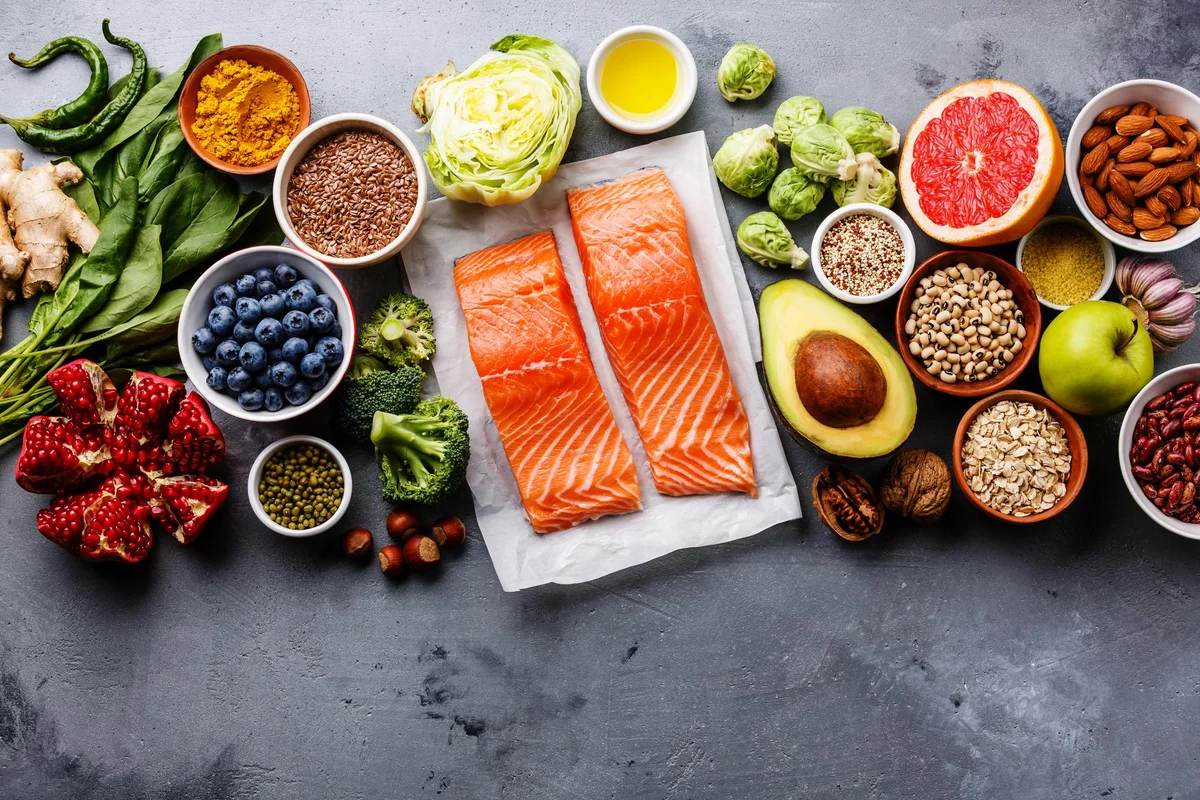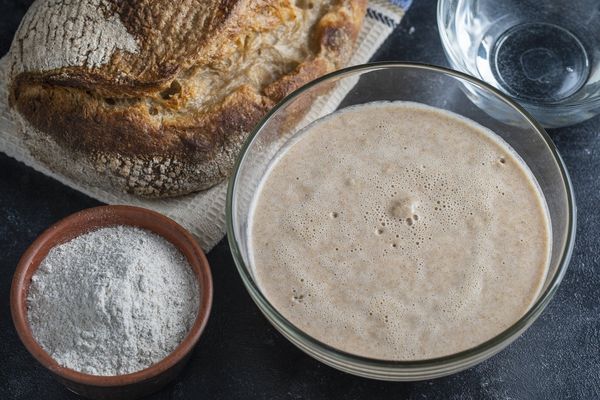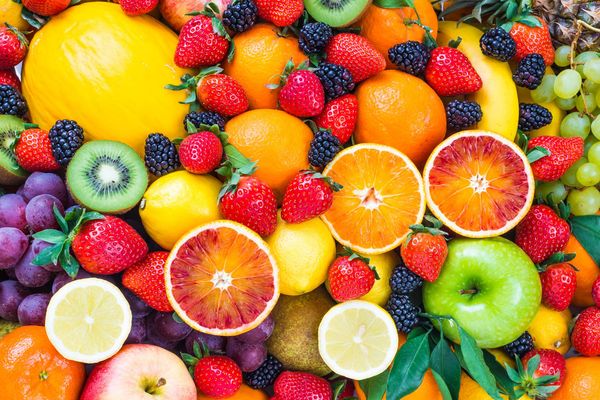The word inflammation is often thrown around when talking about a cut or a wound, but do you really know what it means and what's going on in your body when it happens?
Inflammation is one of the tools our immune system uses to keep foreign entities and pathogens, like bacteria or viruses, from causing damage to our bodies. When the immune system detects any sort of foreign invader, it sends blood, antibodies and proteins to fight it. This is a good thing, because it helps with healing. That process is acute inflammation, and it's probably what comes to mind first when you think of inflammation.
A lesser known type of inflammation is chronic inflammation. This refers to inflammation that lingers for months or even years, and it's not good for you. It leaves your body in constant alert and can be very harmful over time, playing a role in many debilitating health problems such as dementia, diabetes, cardiovascular disease, arthritis and joint diseases, allergies and chronic obstructive pulmonary disease (COPD). There are several different causes for chronic inflammation in the body, such as smoking, having obesity, chronic stress, exposure to chemicals and pollutants, and eating certain foods, which include:
- Refined carbohydrates (white bread, pasta, French fries and pastries)
- Added sugars (soda, cookies, crackers — most processed foods contain added sugars)
- Fried foods
- Red meat (burgers, steaks) and processed meat (hot dogs, sausage)
- Margarine, shortening and lard
Just as certain foods can cause inflammation, other foods can lower it.
Anti-inflammatory foods
Since chronic inflammation can be so bad for your health, it's a good idea to reduce it as much as you can. While there are medications that can help, healthcare providers advocate for a healthy and varied diet full of anti-inflammatory foods, which have been shown to lower chronic inflammation.
We spoke with registered dietician nutritionist Emily Callahan, owner and founder of EAC Health and Nutrition and a member of HealthyWomen's Women's Health Advisory Committee, to help you find the top five best food groups you should eat to combat your chronic inflammation.
1. Fruits and vegetables
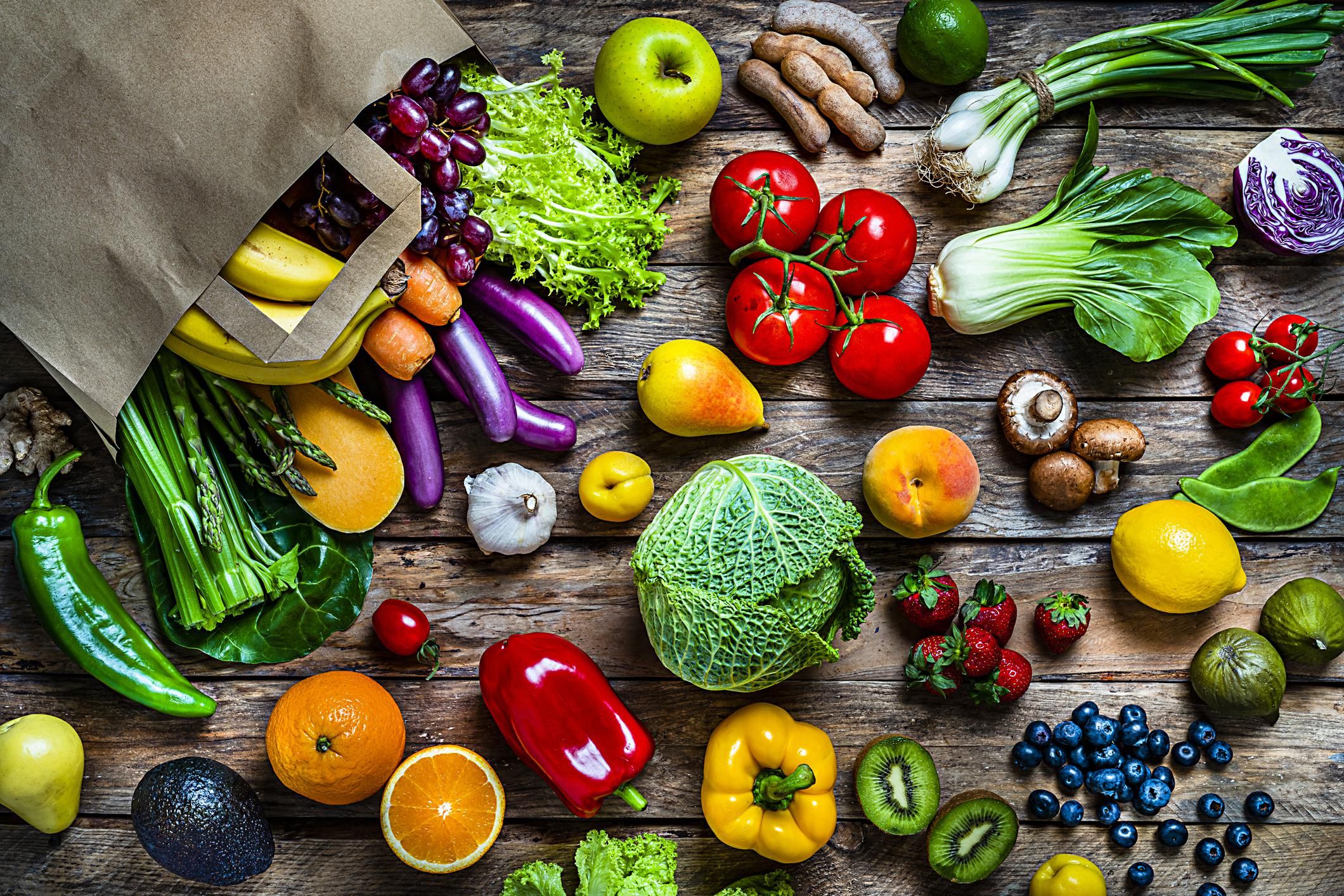
Fruits and vegetables like berries, broccoli and peppers, as well as dark leafy greens like spinach and kale are high in antioxidants such as anthocyanins and polyphenols. These antioxidants naturally protect our bodies from harmful stressors that can be the source of inflammation in a variety of diseases, including heart disease. Antioxidants and polyphenols can also be found in other items that are derived from fruits and vegetables, like dark chocolate, green tea and even red wine.
2. Plant proteins
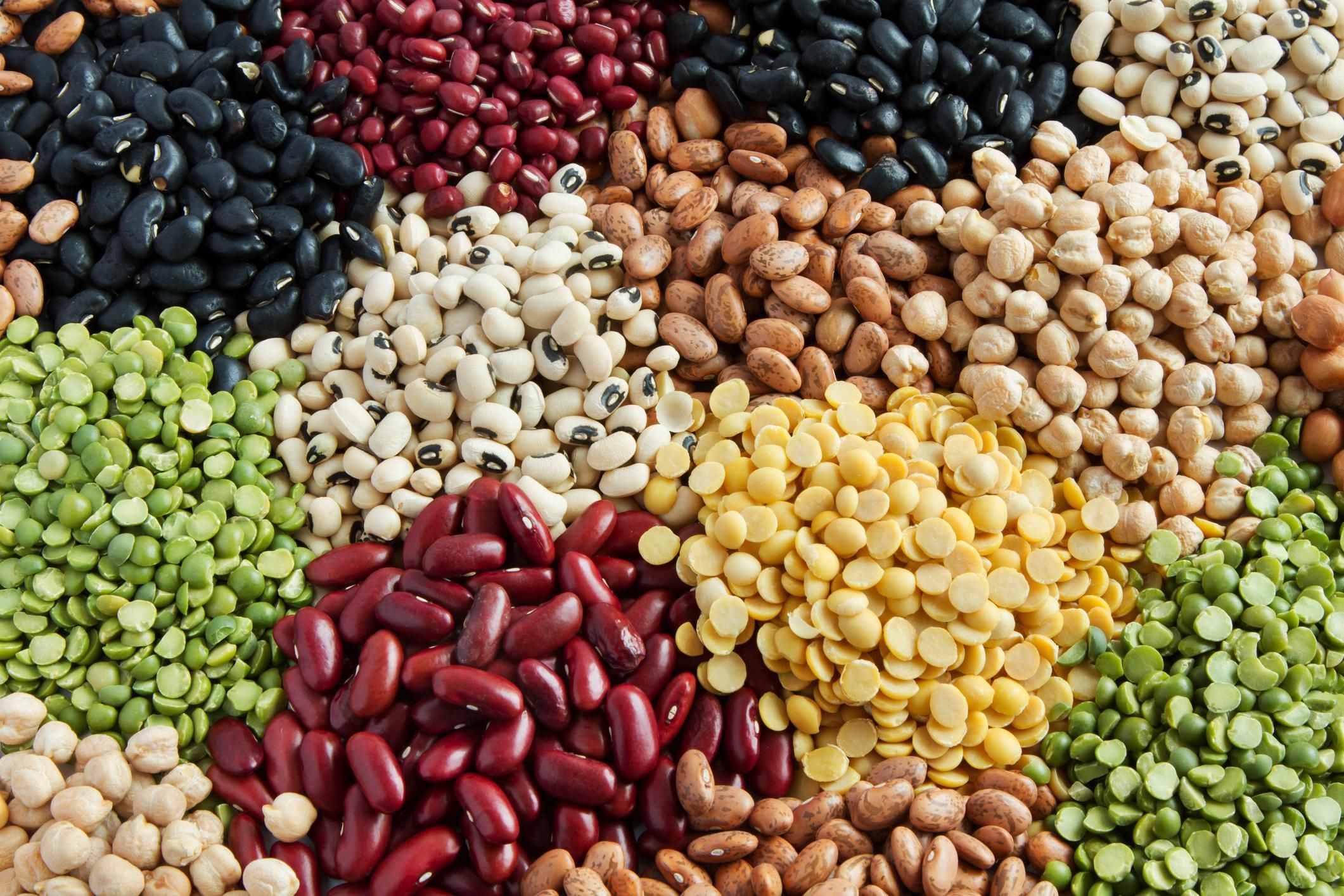
Plant proteins like black beans, pinto beans, chickpeas and navy beans, as well as nuts and seeds like almonds and walnuts can be great sources of healthy fats, which help lower chronic inflammation.
3. Fatty fish
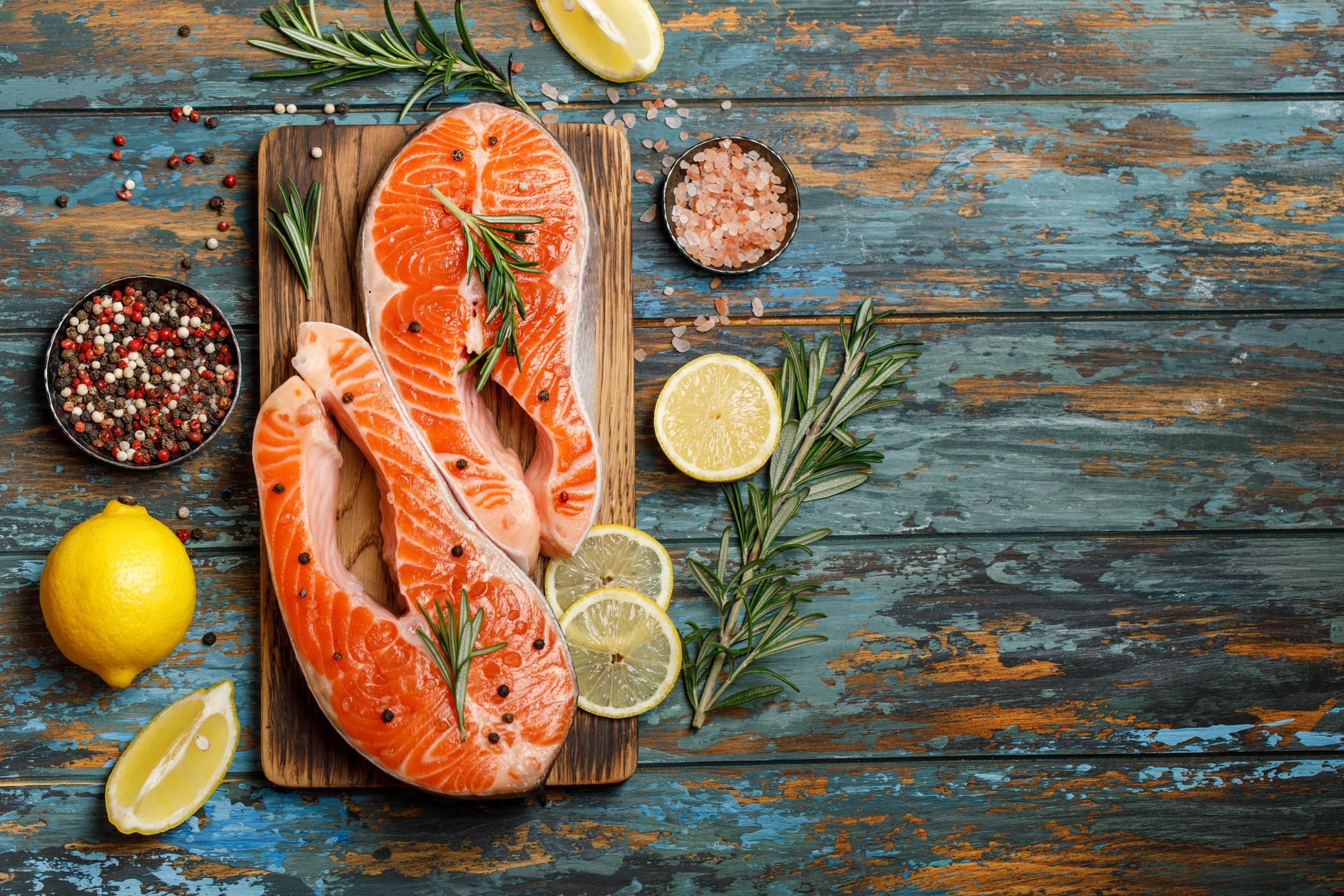
A great acronym to use when remembering the best types of fatty fish to eat is SMASH. This stands for salmon, mackerel, anchovies, sardines and herring. Another great fish full of healthy fats is albacore tuna.
4. Omega-3s
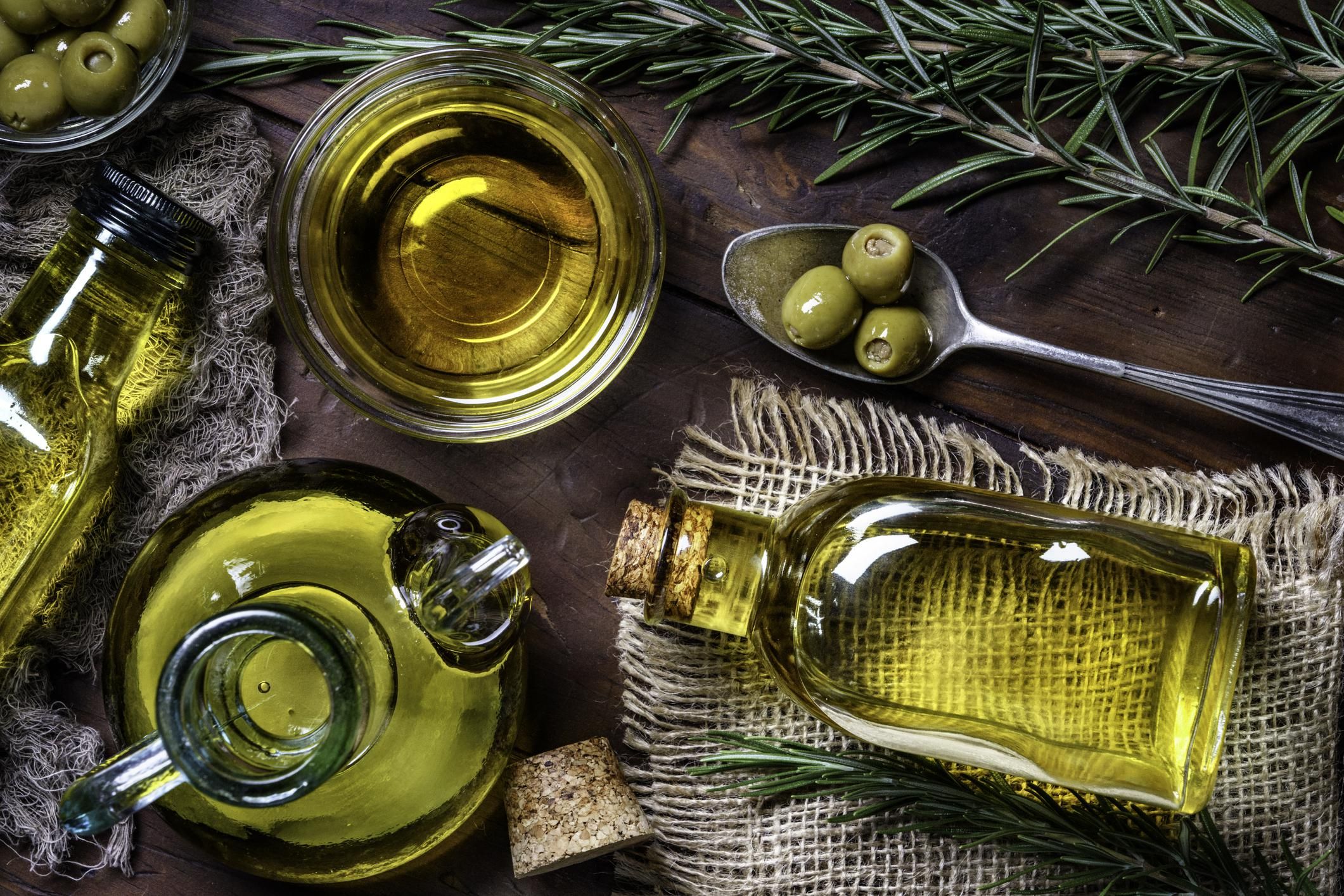
Olive oil and avocado are great sources of omega-3s, along with nuts and fish. A key part of an anti-inflammatory diet is keeping your ratio of omega-3 and omega-6 fats at 1:1. Omega-6s include oils like sunflower and corn oil and can be found in sunflower seeds and walnuts. The typical American diet includes more omega-6s, and it's a good idea to try to limit these while increasing your omega-3 consumption. Omega-6s in and of themselves aren't a bad thing, but they can be harmful when they aren't balanced with omega-3s.
5. Whole grains
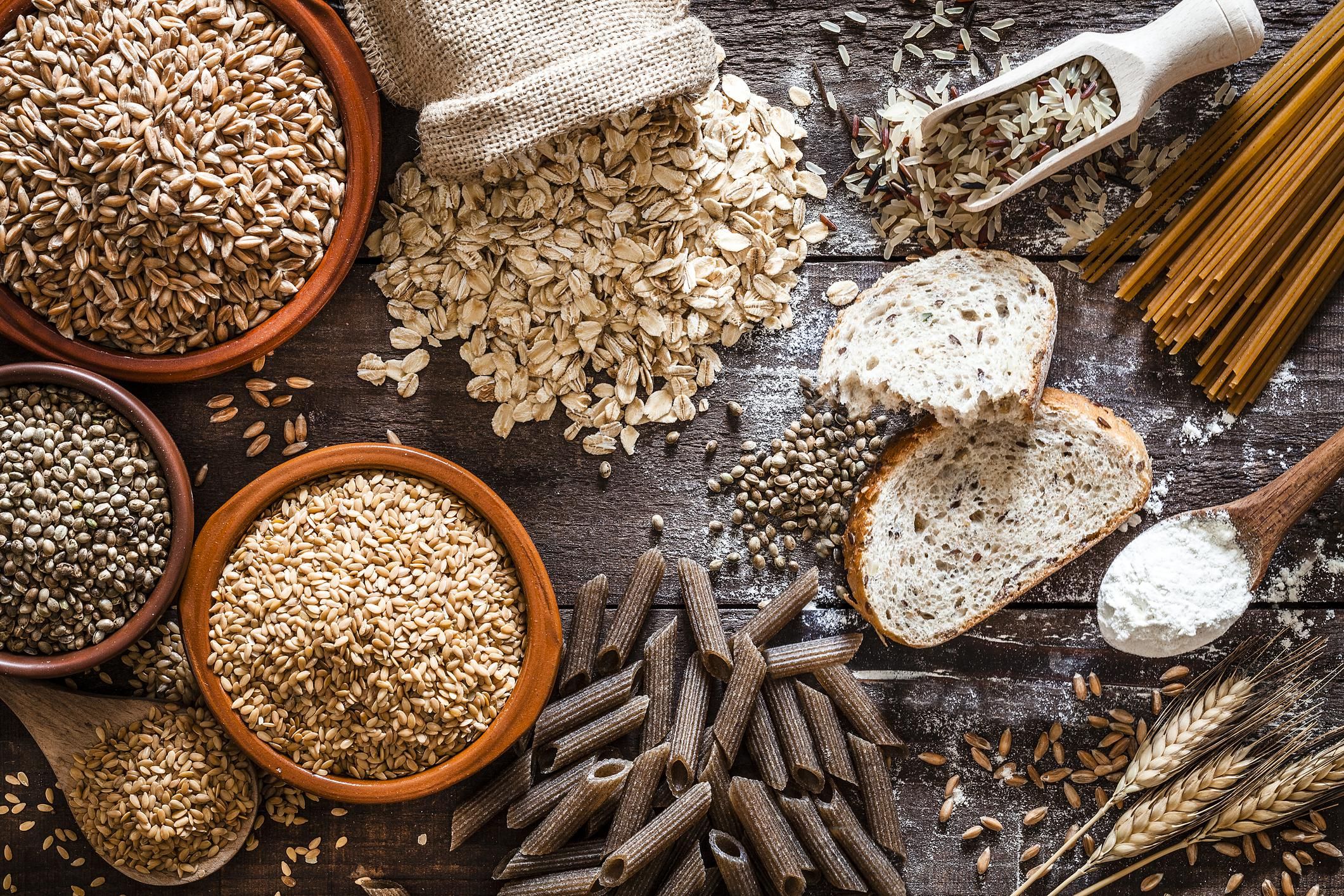
Excessive consumption of refined grains like white bread, cake and pastries has been linked to a variety of chronic diseases. Whole grains like brown rice, oatmeal, quinoa and 100% whole wheat bread are healthier choices.
Eating a balanced diet is important for everybody
While these five food groups are particularly helpful in reducing inflammation, it's important to remember that they should all be part of any healthy diet. Eating a variety of foods from all of the food groups sets you up with the best chance of success when it comes to reducing inflammation, combating disease, and keeping yourself healthy.
- 10 Signs You Have a Leaky Gut—and How to Heal It - HealthyWomen ›
- Foods and Natural Remedies to Deal With Inflammation ... ›
- Ease Chronic Pain with Fish Oils - HealthyWomen ›
- Digestive Troubles? Learn About Probiotics and 6 Foods to Add to Your Shopping List Now - HealthyWomen ›
- Omega-3s—Fad or for Good? - HealthyWomen ›
- Facts About Red Yeast Rice - HealthyWomen ›

